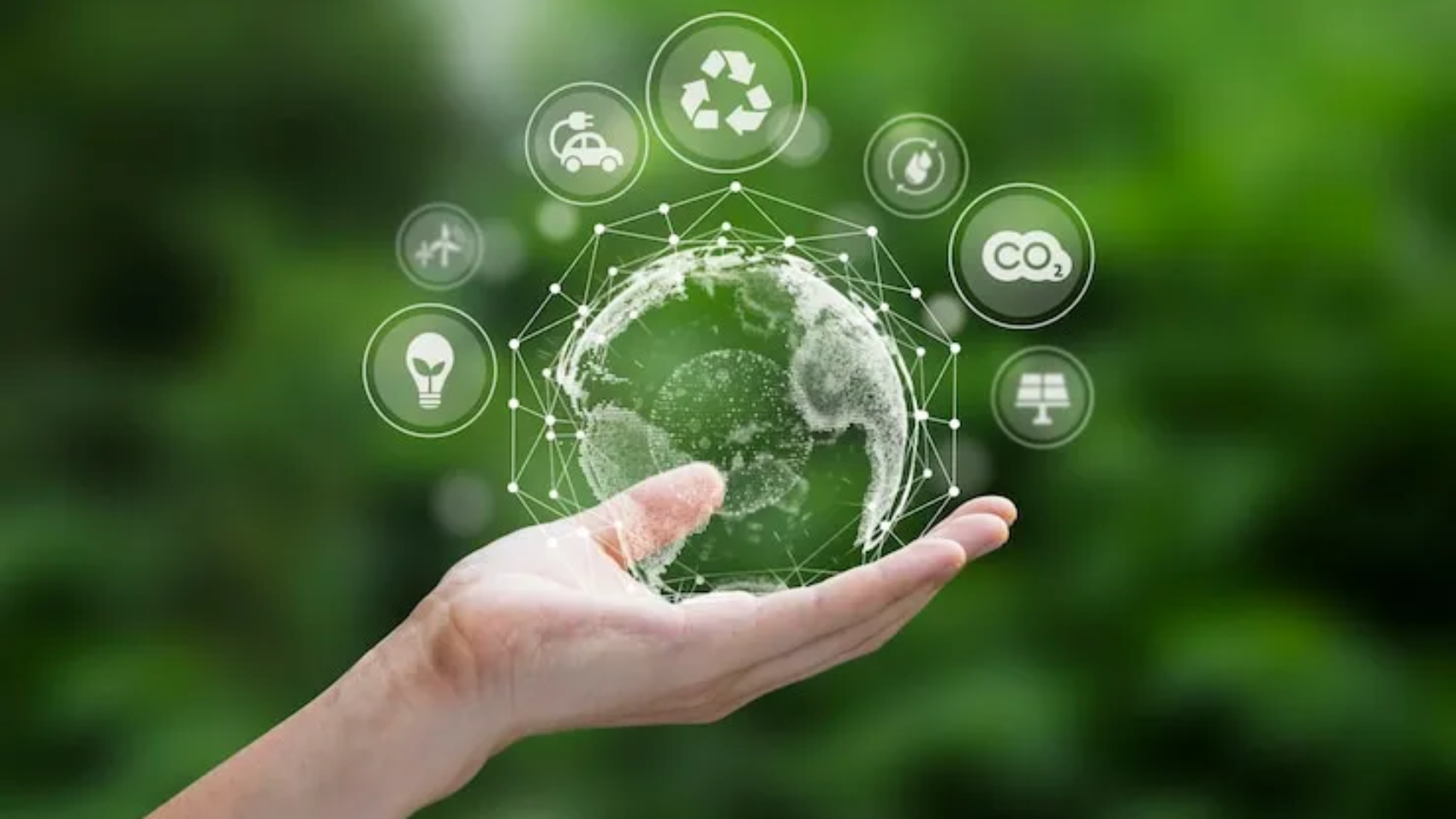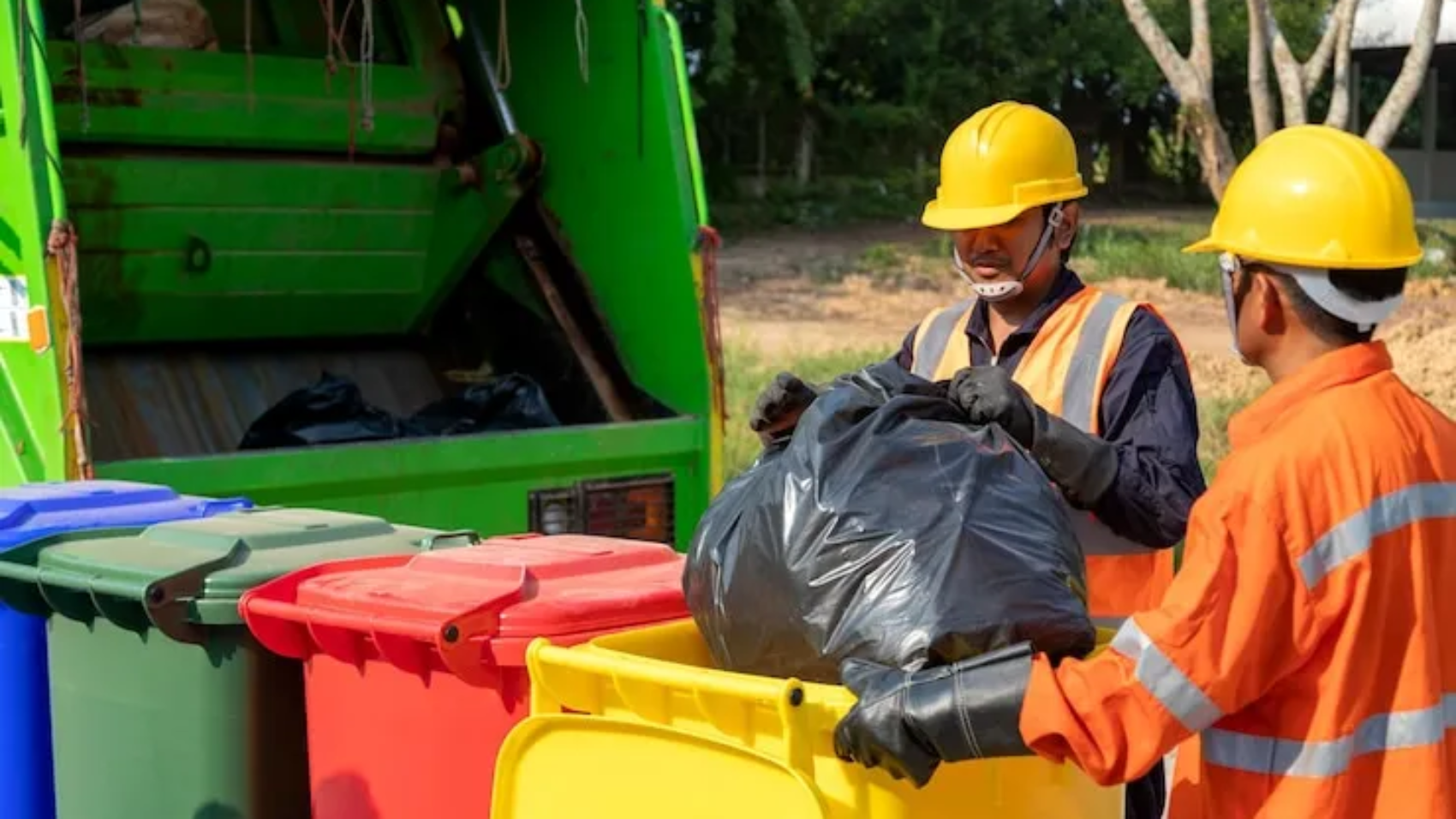Plastic pollution is a huge issue that affects us all. If we want to make a positive change for the environment, we need to beat plastic pollution in our daily lives. Thankfully, there are five simple steps we can take to help reduce plastic waste and help save our planet. In this blog post, we will be discussing these five easy steps to beat plastic pollution and how they can be applied to our everyday lives.
1) Why is plastic pollution a growing concern for the planet ?
Plastic pollution has become a global crisis that demands our immediate attention. The detrimental effects of plastic waste on the planet are far-reaching and have devastating consequences for our environment, wildlife, and ultimately, our own well-being.
One of the main reasons why plastic pollution is a growing concern is the sheer amount of plastic being produced and discarded every day. The convenience and affordability of plastic products have led to a culture of overconsumption and a throwaway mentality. This has resulted in a staggering amount of plastic waste, much of which ends up in our oceans, landfills, and natural habitats.
Plastic pollution poses a significant threat to marine life. Animals mistake plastic debris for food or become entangled in it, leading to injury, suffocation, and death. This disrupts the delicate balance of ecosystems and can have cascading effects throughout the food chain.
Additionally, plastic waste takes hundreds of years to decompose, releasing harmful chemicals into the environment. These toxins can contaminate our water sources, soil, and even the air we breathe. Studies have linked plastic pollution to various health issues, including hormone disruption, respiratory problems, and cancer.
It is crucial to recognize that plastic pollution is not just an environmental issue, but a social and economic one as well. The cost of cleaning up plastic waste, treating its impacts, and dealing with the consequences of a polluted planet is immense and burdensome on communities and governments.
2) How plastic waste affects our daily lives and health
Plastic waste is not just an issue that affects the environment, it also has a direct impact on our daily lives and health. The consequences of plastic pollution can be seen in various aspects of our day-to-day existence, from the food we eat to the air we breathe.
One of the most significant ways that plastic waste affects us is through our food and water. Plastic containers and packaging are commonly used to store and transport food, but these can leach harmful chemicals into the products they contain. For example, studies have found that chemicals like bisphenol A (BPA) and phthalates, which are commonly found in plastic food containers, can disrupt our hormones and potentially lead to health issues such as reproductive problems and cancer.
Furthermore, plastic waste can contaminate our water sources. When plastic breaks down into smaller pieces, known as microplastics, it can end up in our rivers, lakes, and oceans. These microplastics can be consumed by marine animals, entering the food chain and ultimately making their way into our bodies when we consume seafood.
Plastic waste also affects the air we breathe. When plastic is burned or left to decompose in landfills, it releases toxic fumes and greenhouse gases into the atmosphere. This can contribute to air pollution and climate change, both of which have significant implications for our respiratory health and overall well-being.
Beyond the physical health impacts, plastic pollution also has psychological and social effects. The sight of littered plastic waste can create a sense of desolation and hopelessness, impacting our mental health. Additionally, the burden of plastic waste management falls disproportionately on marginalized communities, exacerbating existing social inequalities.
3) Simple steps to reduce your plastic consumption
Plastic pollution is a massive problem that is threatening our planet and our future. But the good news is that we can all make a difference by taking simple steps to reduce our plastic consumption in our daily lives. Here are some easy and practical ways to do just that:
1. Say no to single-use plastics:
The first step in reducing plastic waste is to avoid using single-use plastics like plastic bags, straws, and water bottles. Instead, opt for reusable alternatives like cloth bags, metal straws, and refillable water bottles.
2. Bring your own containers:
When going out for takeout or leftovers, bring your own reusable containers instead of using disposable ones. This not only reduces plastic waste but also helps save money and promotes sustainable eating habits.
3. Choose package-free options:
Look for products that come without excessive packaging. This can include buying in bulk, shopping at local farmers markets, and using refillable containers for household items like soap and shampoo.
4. Use reusable alternatives:
Instead of using disposable items like paper towels, napkins, and plastic cutlery, opt for reusable alternatives like cloth towels, cloth napkins, and stainless steel cutlery. These small changes can add up to significant plastic waste reduction over time.
5. Spread the word:
Encourage others to join you in reducing plastic consumption by sharing your experiences and educating them about the impact of plastic pollution. By raising awareness and inspiring others to take action, we can create a ripple effect that leads to a plastic-free future.
By incorporating these simple steps into our daily lives, we can make a big difference in beating plastic pollution and protecting our planet. Remember, every small action counts, and together, we can create a healthier and more sustainable world for generations to come.
4) Eco-friendly alternatives to common plastic products
As we strive to beat plastic pollution, it’s important to consider the eco-friendly alternatives to common plastic products. By making simple swaps in our everyday lives, we can reduce our plastic consumption and make a positive impact on the environment. Here are some eco-friendly alternatives to help you get started:
1. Stainless steel or glass water bottles:
Instead of buying single-use plastic water bottles, invest in a durable stainless steel or glass bottle. Not only will you reduce plastic waste, but you’ll also have a stylish and reusable option for staying hydrated.
2. Beeswax wraps:
Instead of using plastic cling wrap, opt for beeswax wraps to cover and store your food. These reusable wraps are made from beeswax-coated fabric and can be used again and again, reducing your plastic waste and keeping your food fresh.
3. Bamboo toothbrushes:
Replace your plastic toothbrush with a bamboo alternative. Bamboo is a sustainable and biodegradable material, making it a great eco-friendly option for oral hygiene.
4. Cloth grocery bags:
Say goodbye to plastic shopping bags and bring your own cloth grocery bags. These reusable bags are not only sturdier than plastic bags but also reduce the amount of plastic waste produced.
5. Silicone food storage bags:
Instead of using single-use plastic bags for food storage, switch to silicone food storage bags. These reusable bags are airtight, easy to clean, and can be used for years, helping to reduce plastic waste in your kitchen.
5) Tips on how to encourage others to join the fight against plastic pollution
Now that you’ve learned about the steps you can take to beat plastic pollution in your daily life, it’s time to spread the word and inspire others to join the fight. Here are some tips on how you can encourage your friends, family, and community to take action against plastic pollution:
1. Lead by example:
Be a role model by consistently implementing eco-friendly practices in your own life. When others see your commitment and the positive impact it has, they may be inspired to follow suit.
2. Educate and inform:
Share your knowledge about the harmful effects of plastic pollution and the benefits of reducing plastic consumption. Talk to your friends, family, and colleagues about the issue, and provide them with resources and information to help them understand the importance of taking action.
3. Organize community events:
Host workshops, movie nights, or clean-up drives to raise awareness about plastic pollution. These events can bring people together, spark conversations, and motivate others to make changes in their own lives.
4. Start a plastic-free challenge:
Encourage others to join you in a plastic-free challenge, where you commit to reducing or eliminating plastic waste for a set period of time. This can create a sense of community and support, and help individuals realize that their actions can make a difference.
5. Advocate for change:
Get involved in local initiatives and organizations that are working towards reducing plastic pollution. Write letters to local businesses or policymakers, sign petitions, and use social media platforms to amplify your message and create a larger impact.
Remember, change starts with each individual, but it is through collective action that we can truly make a difference. By inspiring and empowering others to join the fight against plastic pollution, we can create a movement that leads to a healthier and more sustainable future for all.
What initiatives have taken in G20 Summit 2023
The G20 Summit, held in 2023, brought together leaders from the world’s largest economies to discuss pressing global issues, including plastic pollution. The summit recognized the urgency of the plastic pollution crisis and the need for immediate action. As a result, several initiatives were taken to combat plastic pollution and promote sustainability:
1. Global Plastic Pollution Action Plan:
The G20 nations collectively developed a comprehensive action plan to address plastic pollution. This plan includes measures to reduce single-use plastics, improve waste management systems, and promote the circular economy.
2. Financial support for developing countries:
The G20 countries pledged to provide financial assistance to developing nations to help them tackle plastic pollution. This support includes funding for waste management infrastructure, education programs, and sustainable alternatives to plastic.
3. Research and innovation funding:
Recognizing the importance of scientific research and technological innovation in finding solutions to plastic pollution, the G20 committed to increasing funding for research and development in this field. This funding will support the development of eco-friendly materials, recycling technologies, and waste management strategies.
4. Collaborative partnerships:
The G20 nations forged partnerships with international organizations, non-governmental organizations, and the private sector to enhance cooperation in addressing plastic pollution. These collaborations aim to share knowledge, resources, and best practices to maximize the impact of their efforts.
5. Awareness campaigns and public education:
To raise awareness about plastic pollution and encourage behavior change, the G20 countries launched extensive public education campaigns. These campaigns aim to educate citizens about the environmental and health impacts of plastic pollution and promote sustainable alternatives.
Why Reparyog is best in beat plastic pollution and recycling it?
Reparyog is leading the charge in beat plastic pollution and recycling, making it the best choice for individuals who want to make a difference. Reparyog offers innovative solutions that not only help reduce plastic waste but also promote sustainability and a healthier planet.
One of the reasons why Reparyog stands out is its commitment to education and awareness. They provide valuable resources and information on the impact of plastic pollution, helping individuals understand the urgency of the issue and the importance of taking action. Through their informative campaigns and initiatives, Reparyog empowers people to make informed choices and change their behaviours.
Furthermore, Reparyog’s dedication to recycling sets them apart. They have established a comprehensive recycling program that encourages individuals to properly dispose of their plastic waste and supports the recycling industry. By collecting and recycling plastic products, Reparyog prevents them from ending up in landfills or polluting our oceans, contributing to a cleaner environment.
Reparyog also prioritizes collaboration and partnerships. They actively work with local communities, businesses, and organizations to implement sustainable practices and promote the circular economy. By fostering these collaborative efforts, Reparyog amplifies its impact and encourages others to join the fight against plastic pollution.
In addition, Reparyog’s commitment to innovation and technology ensures that they stay at the forefront of plastic pollution solutions. They constantly research and develop new materials, technologies, and processes to minimize plastic waste and maximize resource efficiency.










